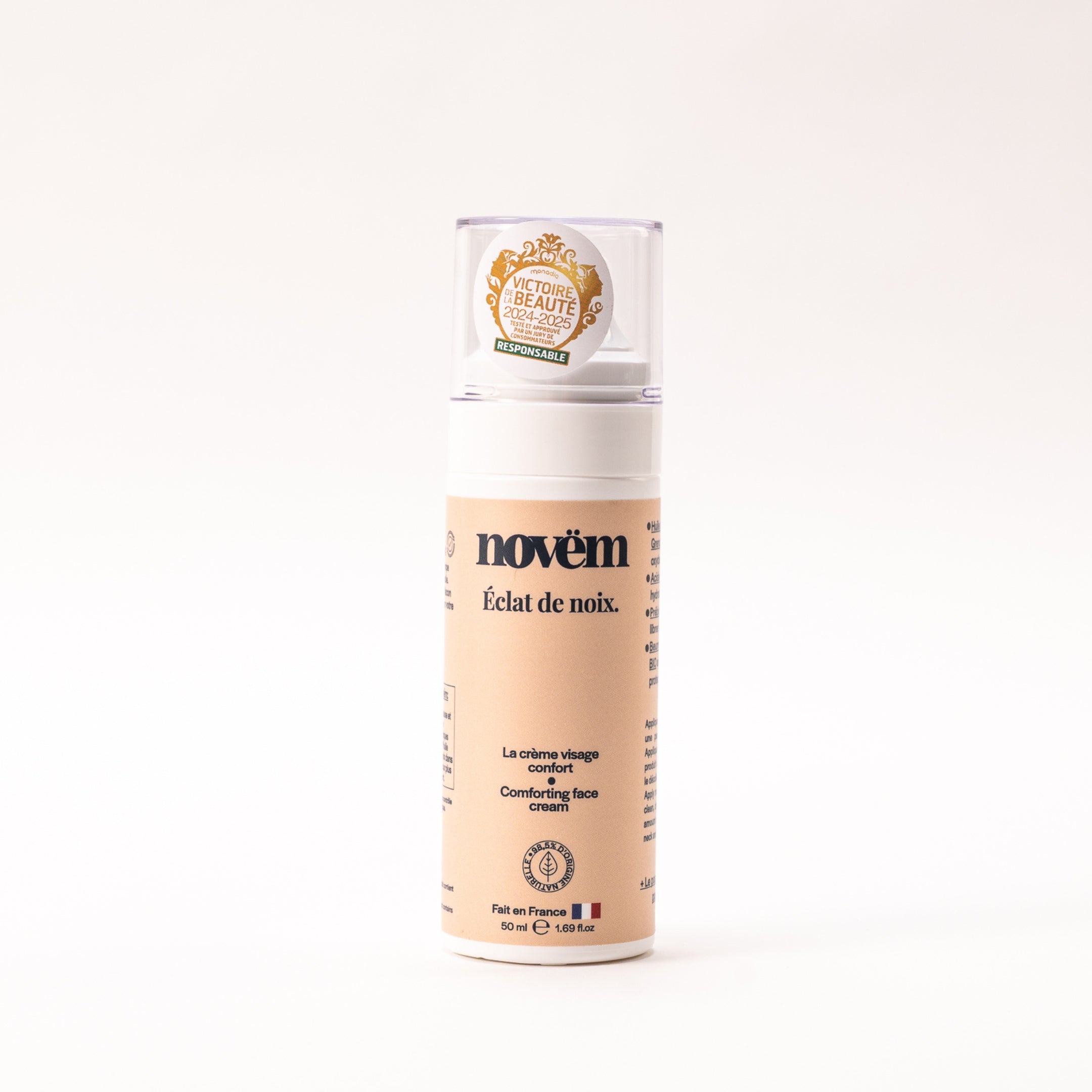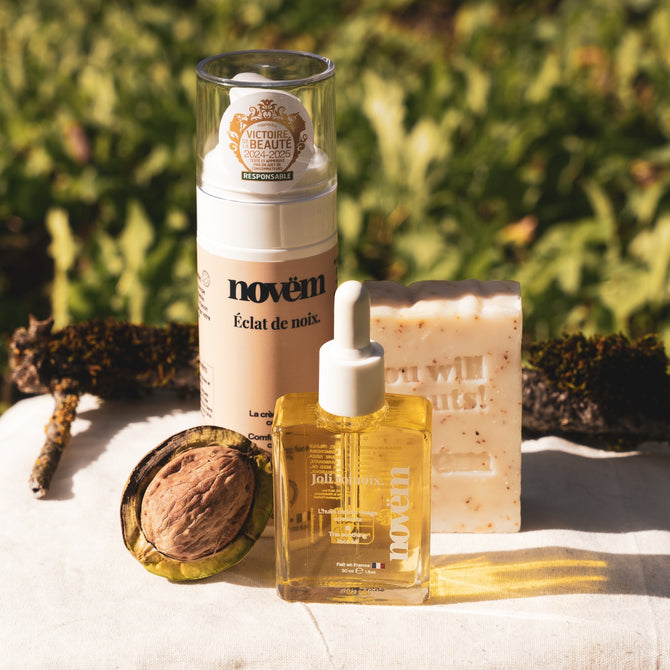The cosmetics industry is changing. Products are becoming responsible, compositions cleaner and companies more transparent.
Unfortunately, greenwashing is still very present in this industry. Brands use and re-use words that sell. It is not uncommon to see products grafted with words like vegan, zero waste, clean... whereas if we look a little more in detail, we realize that not everything is rosy.
To help you form your own opinion, we have listed the most used words in cosmetics.
1. Hypoallergenic
The “hypoallergenic” mention of cosmetics ensures that these products have been subjected to a final safety test before marketing, which is supposed to confirm, after several weeks of repeated applications, the absence of a potential sensitizing effect that promotes allergy. .
It is almost impossible to promise that a cosmetic can protect against any allergic reaction or even irritation. To be possibly reassuring, the mention "Hypoallergenic" does not in any way constitute a 100% guarantee.
2. Non-comedogenic
Faced with the mention "Non-comedogenic", we must first remember that it is not strictly speaking regulated. This means that the texts do not provide for well-defined criteria to be met before affixing it to the label of a product. In particular, a non-comedogenic product might be expected to contain no occlusive ingredients.
And that is not always the case! Be careful therefore: to check the relevance of this mention, it is better to check the list of ingredients.
3. Scientifically proven
We often see this mention on anti-aging products, because it suggests that the product has done a lot of testing to be "scientifically proven".
In reality, these tests are produced on a small handful of participants. The only way to be sure is to do your own research on the product and read user reviews.
4. Natural
The term "natural cosmetics" can be misleading! As with plant-based cosmetics, this does not necessarily define the entire product. Indeed, the manufacturers of natural cosmetics undertake to respect a certain quantity of raw materials of natural origin. This does, however, include chemical derivatives of natural ingredients. Products of animal origin can of course be used: beeswax and lanolin are even often used in natural cosmetics.
So be sure to read your labels!
5. Organic
We see more and more cosmetics using raw materials from organic farming. However, the share of organic ingredients contained in cosmetics depends entirely on the certification body that controls the products: Ecocert, for example, requires 95% ingredients of natural origin and 10% from controlled organic farming. Other labels like Austria Bio Garantie require a much higher proportion of organic ingredients, at 95%!
But beware organic cosmetics do not mean vegan! And for some don't mean better quality either...






